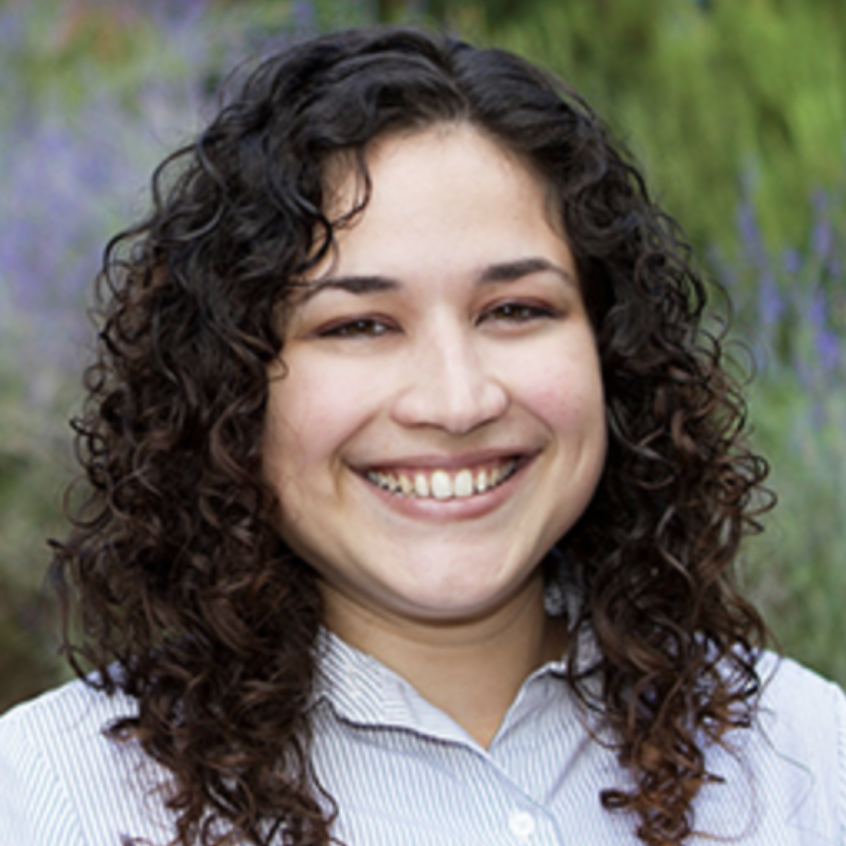When Change Comes from Within
Joan Roque understands what it's like to have student frustration directed your way.
As a woman of color who uses POGIL, a pedagogy that upends student expectations about teaching and learning, Roque has experienced her fair share of student pushback over the years. Students have done everything from pretending not to understand her when she speaks to transferring out of her class.
"I saw how students didn’t talk to me," said Roque, who was the only Hispanic faculty member in the Chemistry department at Westminster College in Salt Lake City, Utah. "They didn't approach me. They didn't trust me. They didn’t ask me questions. You know, they preferred to just suffer in silence."
Thankfully, because she worked in a POGIL-friendly environment at Westminster, Roque had plenty of support from her colleagues. Now, as she moves to a new role as Assistant Professor of Chemistry at the University of Puerto Rico at Cayey, she wants to pay it forward by connecting other historically marginalized faculty members with resources from The POGIL Project.
By offering assistance in the form of networking, mentorship, and scholarships, The POGIL Project has a chance to provide faculty of color with the support they need to overcome some of the challenges that they might face adopting and using POGIL in the classroom. "A lot of these faculty come from institutions that have no money for professional development," Roque explained. "The little bit they have, they want to use it for presenting at a conference."
She also believes that this climate, in which publish- ing a paper can make or break a bid for tenure, leads faculty members to choose their research careers instead of focusing on their pedagogy. Roque her- self was in that position until she received a schol- arship from The POGIL Project.
"[That scholarship is] how I got to NCAPP and the last two POGIL national meetings,” she said. “Otherwise, I wouldn't have applied. Once I was there, I was really excited to be engaged with The Project on a deeper level."
Roque currently serves as chair of The Project’s targeted recruitment working group and is forging connections with other professional organizations such as the Society for Advance- ment of Chicanos/Hispanics and Native Americans in Science (SACNAS).
"We got through the first part—connecting with people," said Roque of her outreach work. "Now we have to keep them and have more people of color use POGIL. This is a nice and engaging way to keep the momentum going."

When Change Comes from Within
Joan Roque wants to make it easier for faculty of color to adopt POGIL